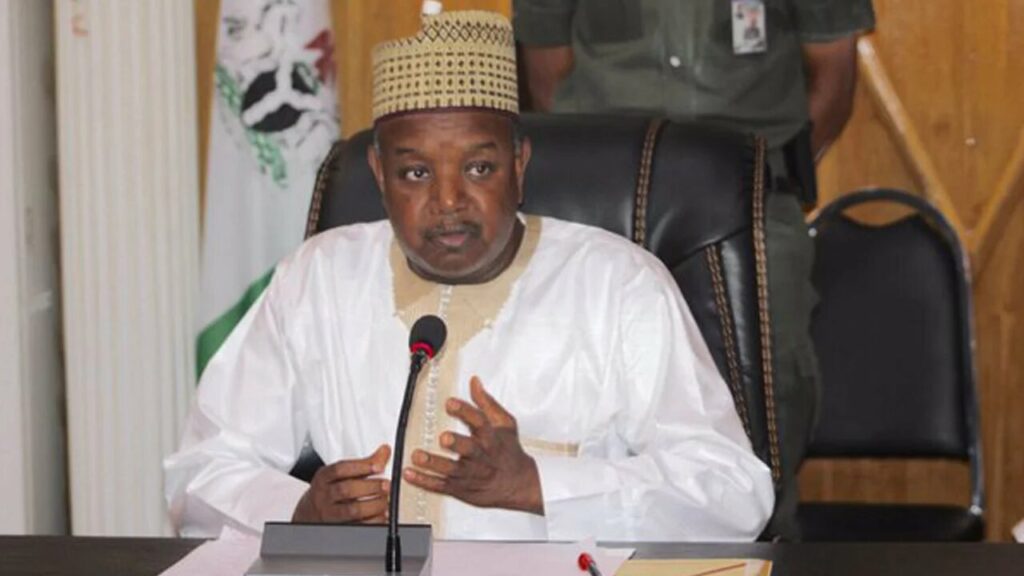- EU and Nigeria unveil a €900 million aid package to support various sectors, emphasizing green, resilient, and inclusive development
- The aid includes programs in agriculture, energy, healthcare, education, and social protection, reinforcing EU’s commitment to Nigeria’s development
The European Commissioner for International Partnerships, Jutta Urpilainen, in collaboration with the Minister of Budget and Economic Planning of Nigeria, Abubakar Atiku Bagudu, has unveiled a substantial financial package of over €900 million (equivalent to ₦728 billion). This aid package aims to support various sectors in Nigeria, including education, energy, and transportation.
This comprehensive aid initiative is a central element of the EU-Nigeria partnership, which seeks to advance Nigeria’s transition towards becoming green, resilient, and digitally inclusive. The initiative is part of the “Government Priorities and Global Gateway,” an EU strategy to establish sustainable and trusted connections with partner countries.
Commissioner Urpilainen, during the EU-Nigeria Strategic Meeting, expressed her enthusiasm about strengthening the partnership with Nigeria and launching new actions under the Global Gateway strategy. She emphasized the EU’s commitment to shared responsibility, dedication, and accountability in investing in common future goals, including security, democracy, and prosperity. The aid package, consisting of loans and grants, is intended to benefit Nigerian businesses, farmers, youth, and society.
Minister Bagudu also highlighted the significance of the EU-Nigeria development cooperation, underlining its substantial volume, thematic interventions, modalities, and broad geographical coverage in resource deployment. He pointed out that the EU-Nigeria Strategic Dialogue coincided with the start of the current administration in Nigeria, presenting opportunities for consolidating priorities within the partnership.
Additionally, Bagudu announced two significant financial agreements in vital sectors for Nigeria and the region: health and entrepreneurship. One of these agreements pertains to a partnership with EMZOR Pharmaceutical Industries, aiming to accelerate treatments against malaria and improve healthcare access while reducing reliance on the importation of essential medicines. The other agreement involves a new credit facility with Access Bank, to enhance access to finance for female entrepreneurs, stimulate job creation, and promoting sustainable business practices aligned with green economy priorities.
The aid package, jointly developed by the EU and Nigeria, will drive various new programs through the Global Gateway initiative. These programs include support for climate-smart agriculture (€29 million), sustainable energy (€37 million), access to health services (€45 million), and support for youth and education development in the North West region (€5.4 million).
Furthermore, the aid package will contribute to enhancing access to the Nigerian social protection safety net (€46 million), supporting border management and the reintegration of returnees (€28.4 million), assisting in the disarmament, demobilization, and reintegration of Boko Haram combatants in the North East region (€20 million), and strengthening the criminal justice system, improving access to justice, and combatting corruption (€30 million).
This initiative underscores the EU’s commitment to supporting Nigeria’s development across multiple critical sectors and fostering a more sustainable and inclusive future.
